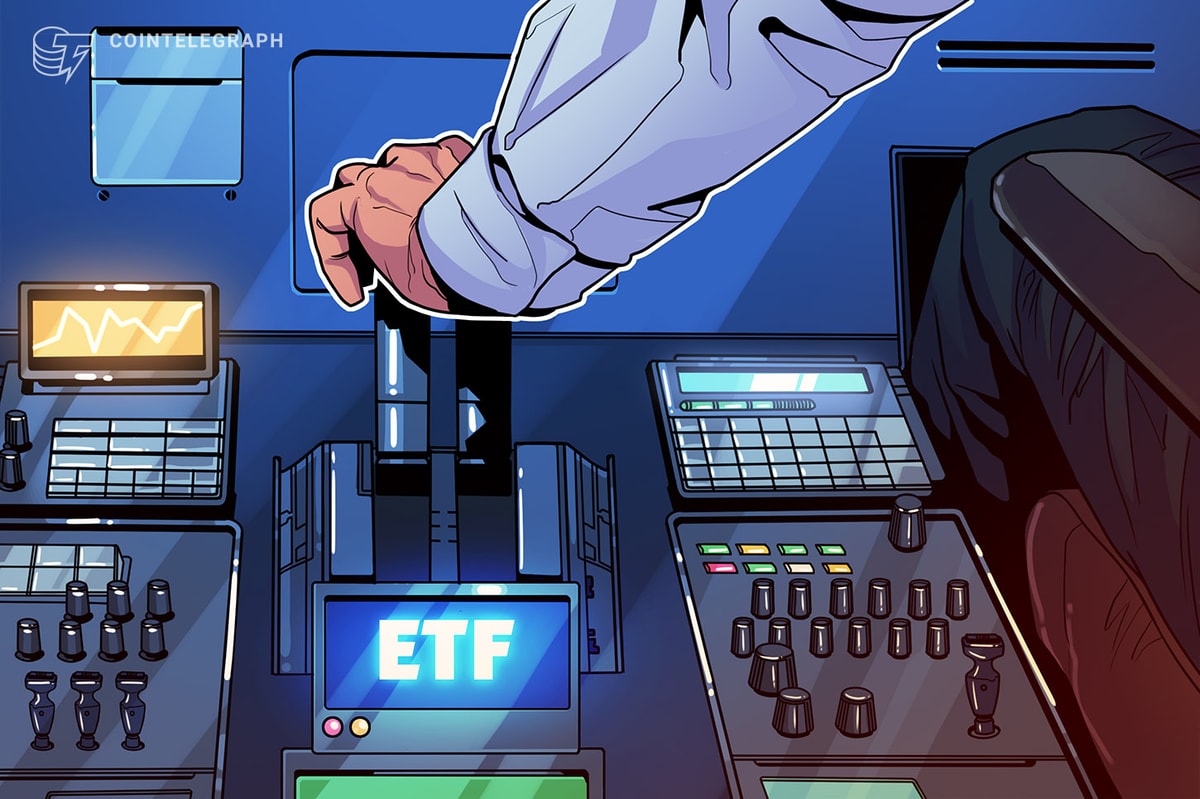To ensure the sanction compliance and save the platform from the potential risk posed by illicit transacting of crypto, the well-established cryptocurrency exchange Binance has partnered with two firms, including analytical data firm Kharon and cloud-native screening provider Neterium.
As per the announcement made on Wednesday, the partnership aims to bolster the exchange’s Know-your-customer (KYC) protocols and improve sanction screening. In this effort to detect illegal transfers, Neterium will work to transfer Kharon’s data into the Binance’s screening environment.
Related Reading | Binance And Kazakhstan Ink MOU On Crypto, Blockchain Regulation
This move will further promote the deployment of new data solutions to enhance the trading platforms’ capabilities to identify actors behind the illicit movement of crypto funds.
Global Head of Sanctions at Binance, Chagri Poyraz, expressed,
As we continue to maintain and build the world’s largest cryptocurrency exchange, we are committed to building an industry-leading compliance program. Working with Kharon and Neterium allows us to leverage Kharon’s best-in-class data with Neterium’s innovative technology to address our risk.
With a $24 billion average daily trading volume, the leading cryptocurrency exchange has become the first platform to develop a compliance program by implementing advanced Know Your Customer (KYC), risk, and sanctions solutions.

Binance Builds Trust Over Tightening Sanctions
Utilizing both technologies builds trust in exchange screening activities when tightening sanctions. By meeting the regulatory requirements and addressing the increased risk, Binance expands its services worldwide.
In an interview with Bloomberg, when the EU had been imposing sanctions over the Russia-Ukraine conflict on the crypto exchanges, the founder, CZ, first refused to call for restricting “normal people.” But a month later, Binance followed suit and limited the Russian users following the country’s invasion of Ukraine. As a result, Russians have been restricted to withdrawal-only mode who hold cryptocurrencies worth more than 10,000 euros.
Chief Client Officer at Kharon, Howard Mendelsohn, said crypto-oriented platforms need more security considering the posed risks in crypto-based ecosystems, and he added;
Virtual asset service providers require the highest quality data and technology to support their compliance programs. Partnering with Binance to provide data and analytic tools is a critical development to address expanding regulatory expectations and mitigate risk.
Related Reading | Digital Yuan Ban: Senators Seek To Ban China’s E-CNY From US App Stores
Similarly, Florence Vicentini, Chief Commercial Officer at Neterium technology, expressed that the firm has the required capabilities to solve the complex use-cases of this type. He further added;
We are delighted to partner with Binance as Neterium specializes in very high scalability and high complexity use cases. Binance’s demanding compliance processes precisely require the level of performance and flexibility that our APIs were designed to offer.
Notably, the exchange has previously ended up in hot water with regulators as it was alleged to be unable to register for financial services licenses in many jurisdictions. But now, it seems to have paved the way for legal approvals.
Featured image from Pixabay and Chart from TradingView.com











